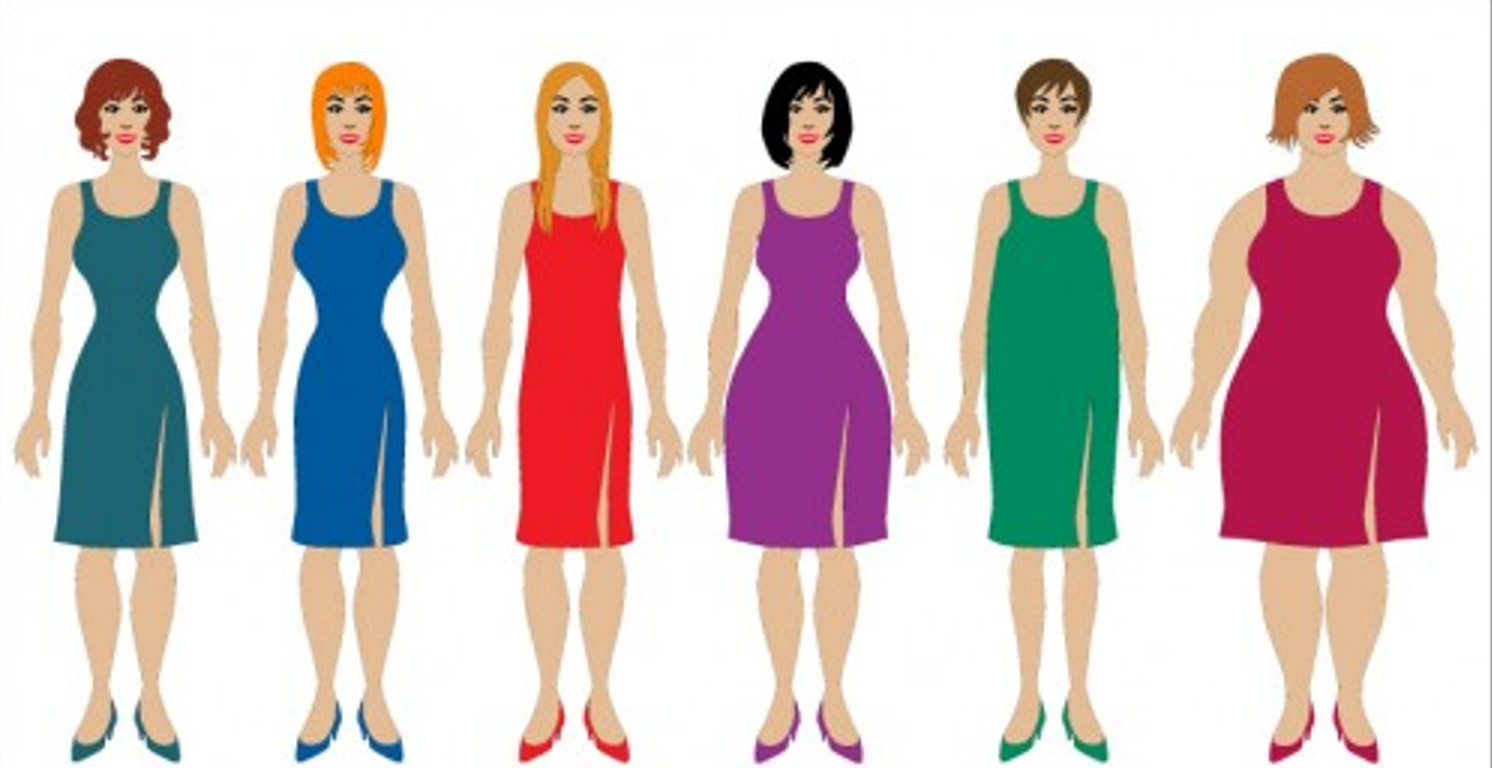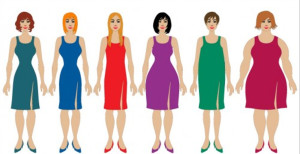This open letter in written by Pranusha Kulkarni, a Karnataka based lawyer and the Country Coordinator of The International Youth Alliance for Family Planning.
Hello Everyone,
Warm Greetings.
It is with optimism that I write this letter to you, to each and every one of you who may be reading this letter. Why do I write this letter anyway? Isn’t writing a letter meant to be a personal exercise? Does anyone publish a letter like this? Well, the situation has so arisen in my life that I am compelled to write a letter like this. An open letter. Why should you even read it then? What does it have for you? Friends, read on, you will find all the answers you are looking for.
So, who am I? I am a woman. Which woman, you ask? Any woman you can think of, and every woman you have ever known in your life. I am not any one particular woman about whom you may be thinking of right now. I am the one who gave birth to you, I am the one who is your companion, your friend, your sister, your guide, your teacher, your root.
So far so good. This brings us to the next question. Why am I writing this letter to you? Well, please consider this letter not as a mere rant of a tired heart, but as an earnest appeal of a hopeful soul. Yes, I am tired of it all, but yes, I am definitely hopeful. I am giving you the benefit of doubt.
Body shaming. This is an appeal regarding body shaming. You, who is reading this letter, may be a man or a woman. But, I am sure you have been a part of the body shaming culture at least once in your lifetime. So, what am I referring to here, when I refer to the word “body shaming”? I am referring to all those filthy comments which you and/or your peers may have passed on women, no, to be precise, on women’s bodies.
A fat woman, a thin woman, a short woman, a tall woman, a fair woman, a dark woman, you have left none outside your body shaming loop. If a woman is fat, you say she is very fat, if she is thin, you say she is very thin. If she is fair, you say she shouldn’t have been that fair, and if she is dark, you say she can’t be seen in the night! But you have made it certain that your comment has to be passed on every woman you encounter. And when I say “passing the comment,” it doesn’t necessarily imply eve-teasing. It also includes you judging her, solely on the basis of her body, albeit in your own minds, or whispering it to friends of yours.
It’s as if we as a society are not happy with the way women are. We always try to find flaws in her, however trivial or imaginary the flaw may be. It seems that we are searching for something out-of-the-world, some imaginary “perfection” in women’s bodies. And if a woman doesn’t possess this imaginary “perfection” in her body, she is not considered as “beautiful”. This herd mentality of judging a woman, based on her height, skin colour, body shape and size, has grown into a mass hysteria wherein young boys and girls, not older than 12 or 13 years of age, start having these notions of the ideal body and pressurize themselves to the extent of going into depression or committing suicide, just because they are constantly mocked at by their peers, or the society in general.
Well, you say this is a psychological problem, and law has got nothing to do with it? Think twice before you arrive at such a hasty conclusion. Body shaming today, has grown into a big threat to the protection and preservation of human rights and the dignity of life, especially of women. It is also a challenge to the maintaining of societal peace and harmony. The Fundamental Duties enunciated in our Constitution, exhort us to renounce practices derogatory to the dignity of women and to develop a scientific temper, humanism, and a spirit of inquiry and reform. But, do acts like body shaming preserve the dignity of women? Are we developing scientific temper, humanism, and a spirit of inquiry and reform? Are we living up to the lofty ideals we have set up for ourselves through our Constitution? These are some of the questions we have to ponder over.
On the other hand, I do not say that men are not judged on the basis of their body. But, unfortunately, since we live in a male-dominated society, the pressure on women to look “perfect”, and to look “beautiful” is huge, as compared to men. The constant pressure of media adds to this societal pressure put on women. It has always been so, that men are valued more based on their intellectual or physical prowess, whereas women are considered worthy on the basis of their beauty or good looks.
Because of this mental bias against women and their abilities, ample number of studies have shown that women’s right to equality in employment, and also their right to equal pay, are jeopardized, as they do not easily get promoted to higher posts, when compared to men, merely because they do not fulfill the biased notion of “perfection” in the eyes of their bosses. This phenomenon is called “lookism,” which entails discrimination of employees solely on the basis of their looks, or their physical beauty. This prima facie is a blatant violation of the constitutionally guaranteed right to equality and right against discrimination solely based on sex and other trivial criteria. Thus, because of this, women are forced by circumstances to work twice or thrice harder, to prove just the half or one quarter of their abilities as compared to men, most of the times even this effort going waste.
How else does body shaming violate a woman’s human rights? To drive home my point, I would like to quote an article titled “Western and Indian Concept of Human Rights: An Overview”, written by Raj Kumar Upadhyay (AIR 2010 Punjab & Haryana (Vol. 97) Jour 127). In this article, it has aptly been stated that “To be happy is considered a natural right – the most important and comprehensive human right.” This way of looking at human rights, though simple, is profound! Of course, it is but logical that this right to happiness is subject to the reasonable restrictions put on them by the State, against causing harm or sadness to others. Thus, it is clear that body shaming violates this natural and most comprehensive human right! Added to this, case laws are many which highlight the fact that the right to life and personal dignity does not amount to mere animal existence. In P. Rathinam v. Union of India, (1994) 3 SCC 394, the Supreme Court of India has held that the meaning of ‘life’ in the Right to Life and Personal Liberty u/a 21 of the Constitution is broad. It has held that:
“The right to life u/a 21 includes the right to live with human dignity and the same does not connote continued drudgery. It takes within its fold some of the fine graces of civilization, which makes life worth living and that the expanded concept of life would mean the tradition, culture and heritage of the person concerned.”
Thus, analysed in light of the above judgment, it’s clearly seen that body shaming is an inhuman act. The amount of mental angst, disturbance and agony caused due to constant body shaming can as well be construed to amount to mental torture, psychological harassment and sexual harassment, clearly giving locus standi to the victim, to file a criminal complaint or an FIR or even a writ petition against the torturer, because of the violation of the fundamental right to life and human dignity of the victim.
Thus, friends, it’s very clear from the above discussion that body shaming is an uncivilized, barbarous and heinous act that we have all been a part of, knowingly or unknowingly. It’s high time that we stop this meaningless way of judging people. We as a civilized society, have to pledge not to indulge in such uncivil activities, be it against a man, or a woman. I hope you now understand the gravity of the situation, and the reason I write this letter to you.
यत्रनार्यस्तुपूज्यन्तेरमन्तेतत्रदेवता: ।
यत्रैतास्तुनपूज्यन्तेसर्वास्तत्राफला: क्रिया: ।।
meaning,
Where women are honored, Divinity blossoms there;
Where they are dishonored, all actions remain unfruitful.
Such is the reverence attached to womanhood in our ancient scriptures. Let us collectively pledge today that we learn to respect womanhood in all its manifestations, and by doing so, let us hope that we as a society shall truly be blessed.
With warm wishes,
Regards,
A Woman
 Serato DJ Crack 2025Serato DJ PRO Crack
Serato DJ Crack 2025Serato DJ PRO Crack










 Allow notifications
Allow notifications


